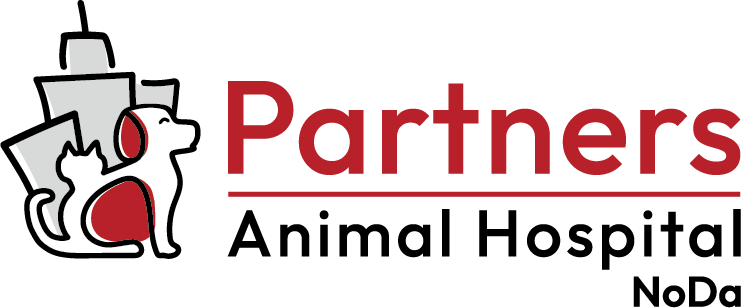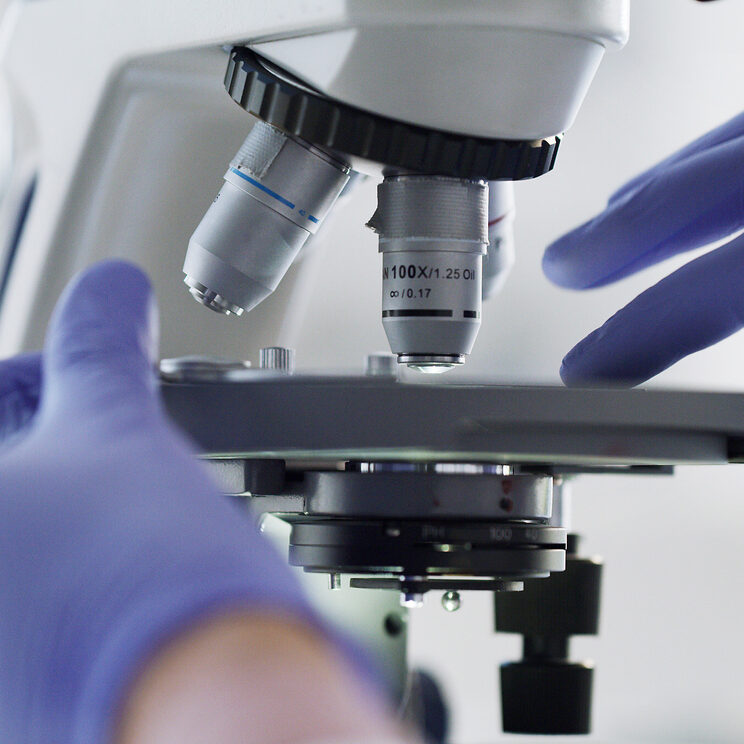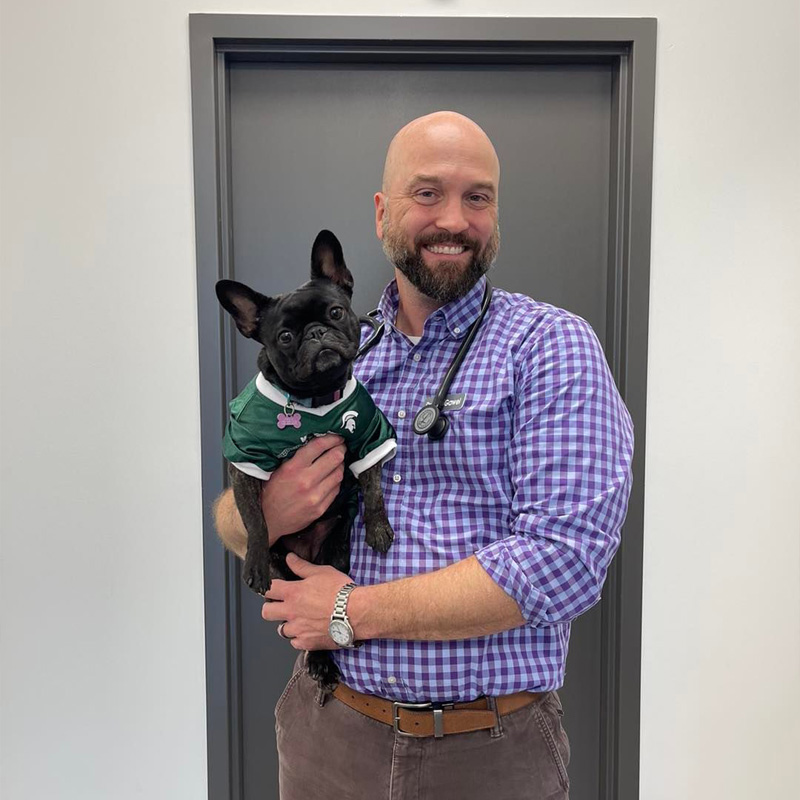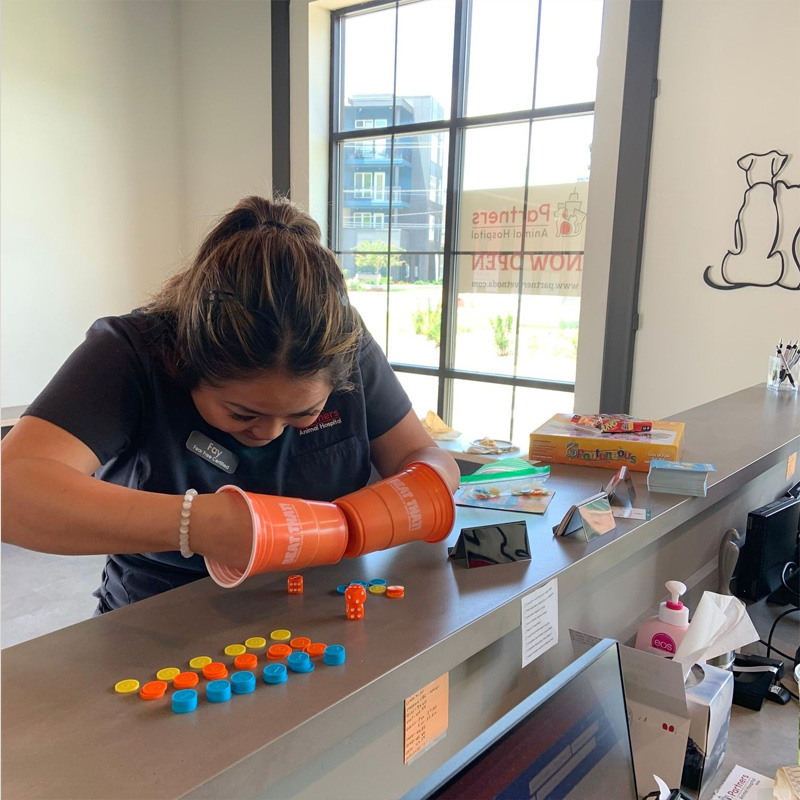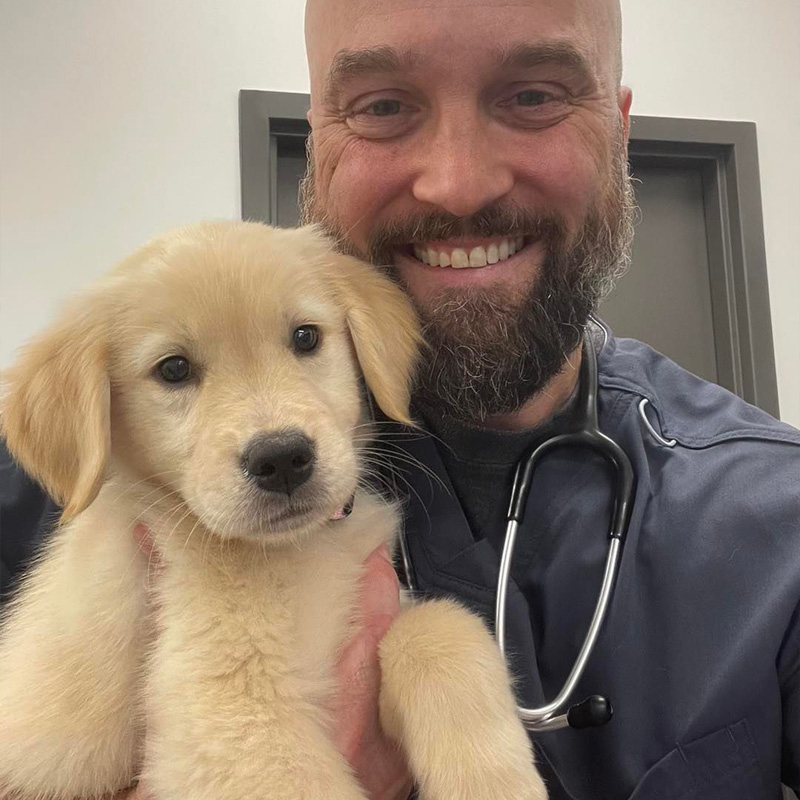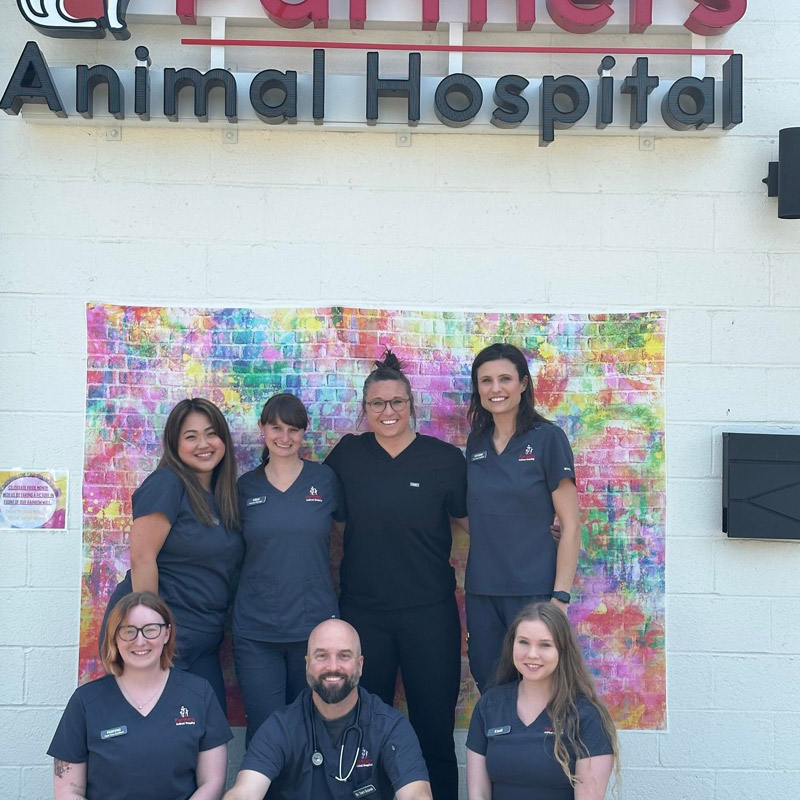Cat and Dog X-Ray, Ultrasound,
and Lab Diagnostics
in Charlotte, NC
Sometimes it’s necessary to perform more thorough testing to fully understand your pet’s health. At Partners Animal Hospital, our team is dedicated to understanding your pet’s condition by performing comprehensive veterinary diagnostics. Our animal hospital is equipped with high quality technology to provide a definitive diagnosis and create a treatment plan to best suit your pet’s specific needs.
Book an appointment at Partners Animal Hospital today!
How We Use Our In-House Laboratory
Our in-house lab allows us to perform a thorough exam of your pet to ensure there are no underlying issues and provide you with peace of mind.
We use this equipment in a variety of situations, including routine tests for wellness exams such as:
- Heartworm testing
- Fecal exam
- Blood chemistry
- Tick-borne disease testing
- Urinalysis
- CBC (complete blood count)
The results of these tests deliver important information which can help our team know if there is an underlying problem involving your pet’s health. Our in-house laboratory also enables us to receive accurate results in a timely manner and create an appropriate treatment plan.
When We Recommend X-rays for Dogs and Cats
Our team at Partners Animal Hospital uses digital radiography to evaluate and identify conditions of the heart, lungs, and musculoskeletal system. In addition, we will recommend an X-ray exam as part of our diagnostic services if it is necessary for your pet’s particular condition.
If you have an older pet, or if they have a chronic heart condition or respiratory problem, we may recommend X-rays as part of their routine exam to help manage their health. Other situations for which we might recommend X-rays include:
- Breathing difficulties
- Ingested a foreign body
- Injury to a bone and/or joint
- Suspected limb deformity
- Lameness/unusual lack of activity
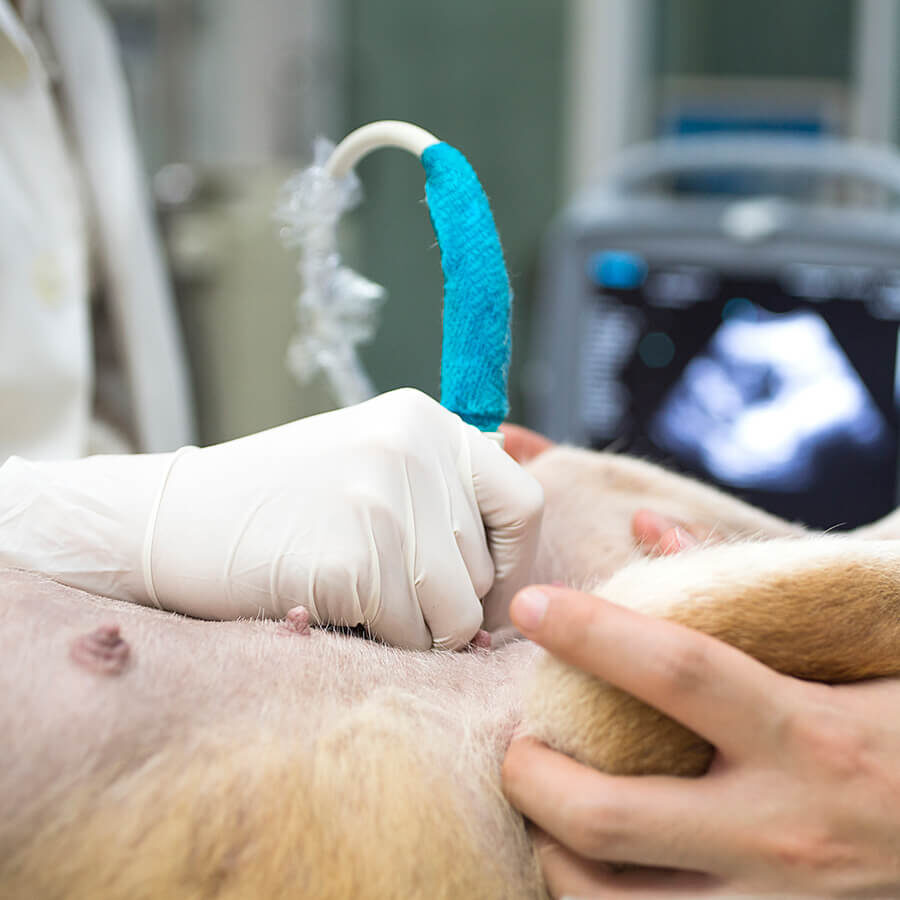
What Can Be Found with Ultrasound?
Ultrasound is a safe, non-invasive diagnostic tool that uses sound waves, which generate echoes or reflections that are converted into electrical impulses and then moving images. The ultrasound is the preferred tool to evaluate soft tissue structures, especially in the abdomen.
Using ultrasound, we can detect things such as:
- Fluid in the chest or abdomen
- Changes in the shape, thickness, or texture of organs and blood vessels
- Abnormal structures inside of an organ, such as a bladder stone, a tumor, or cyst
- Foreign bodies inside the gastrointestinal tract
